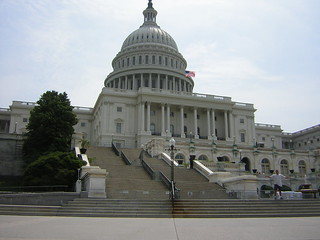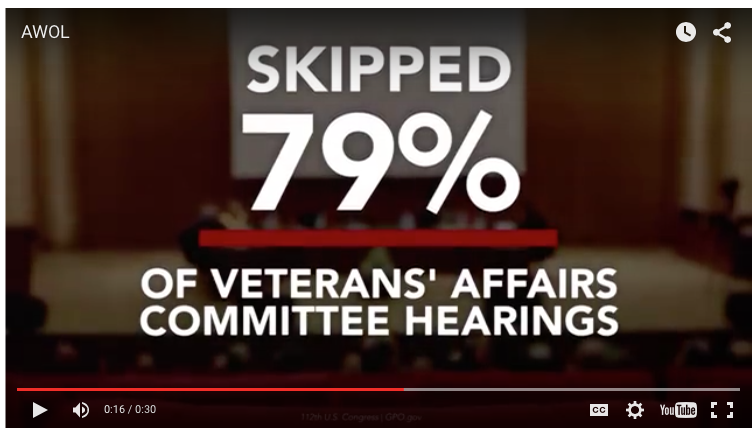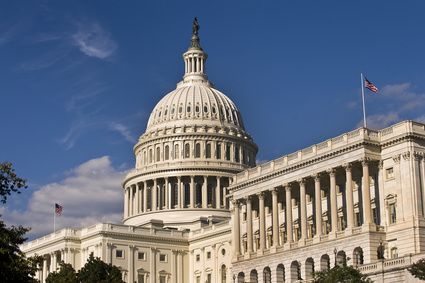Former State Representative Ray Zirkelbach is officially exploring a candidacy for U.S. Senate in 2016, James Q. Lynch reported for the Cedar Rapids Gazette on November 7.
Although the field is getting crowded — former legislators Bob Krause of Fairfield and Tom Fiegen of Clarence, and State Sen. Rob Hogg of Cedar Rapids have all entered the race — Zirkelbach, 37, believes he’ll be the Democratic Party’s best candidate to defeat [Senator Chuck] Grassley. His ideas will set him apart from the others, Zirkelbach said. […]
“It’s about progress,” he said.
First elected to the Iowa House in 2004, Zirkelbach served three terms before losing his 2010 re-election bid. He missed the 2006 and 2007 legislative sessions, because his Iowa Army National Guard unit had been called up to serve in Iraq.
I have not seen a website or Facebook page for Zirkelbach’s U.S. Senate exploratory committee yet, but will update this post as needed. In lieu of an up to date official bio, I have posted the “member profile” that appeared on the Iowa House Democrats website during Zirkelbach’s third term. Zirkelbach’s Twitter account hasn’t been active since 2009; his personal Facebook feed is here.
I struggle to understand why Zirkelbach would run for Senate when we already have three progressive Democrats in the field, including one (Hogg) with a much stronger background of legislative accomplishments.
Meanwhile, to my knowledge, Democrats have no declared candidate against GOP State Representative Lee Hein in Iowa House district 96, where Zirkelbach lives (a map is at the end of this post). Hein defeated Zirkelbach in the 2010 wave election, and Democrats didn’t field a challenger against him in 2012 or 2014. Taking on the incoming House Agriculture Committee chair would be a long-shot race; House district 96 leans to the GOP with 4,386 active registered Democrats, 5,761 Republicans, and 8,483 no-party voters according to the latest figures from the Iowa Secretary of State’s office. But Zirkelbach would be much better positioned to defeat Hein than Grassley.
UPDATE: Pat Rynard spoke to Zirkelbach about his Senate bid. Added excerpts to that post below.




